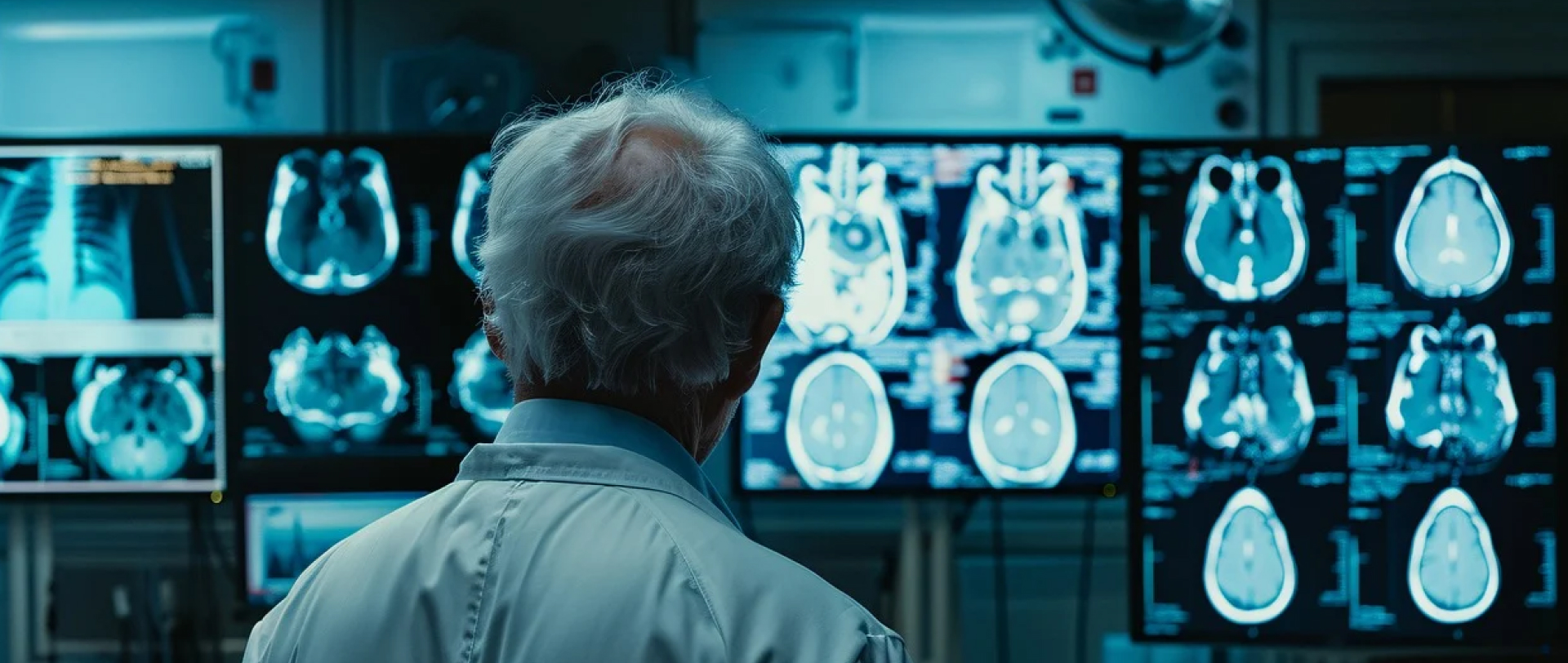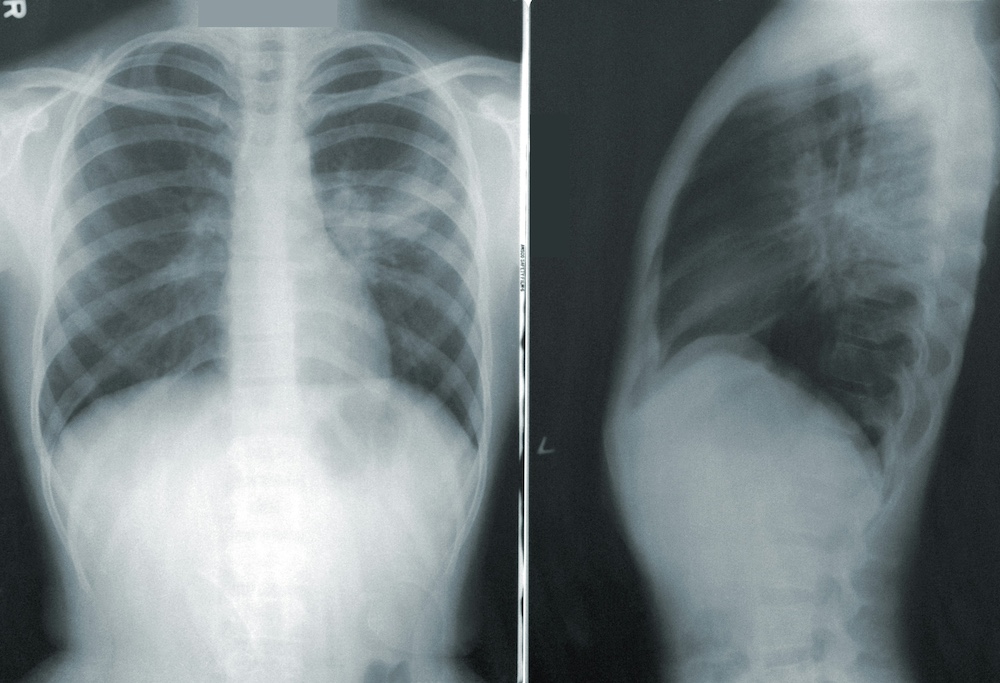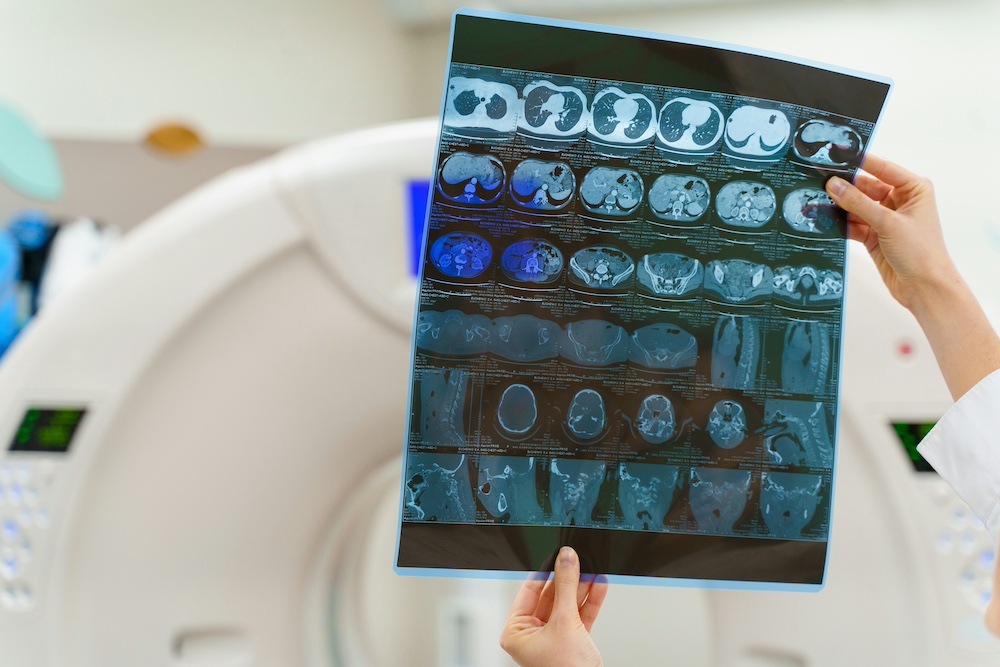Pune's Chellaram Hospital is well known for its advanced radiography facilities and other specialized medical services. With the help of skilled radiologists and cutting-edge imaging technologies, the hospital guarantees accurate diagnosis and effective treatment planning for a range of medical disorders.
Services in Radiology Proposed
- MRI Scans:
- These high-resolution images provide a thorough assessment of the inside organs, tissues, and bones.
- Helpful in identifying vascular, musculoskeletal, and neurological diseases.
- CT scans:
- Quick and precise imaging for disorders of the heart, cancer, and trauma.
- Perfect for visualizingthe body in cross-section.
- Ultrasound:
- Non-invasive diagnostic imaging for soft tissue, pelvic, and abdominal assessment.
- For prenatal care and...
Pune's Chellaram Hospital is well known for its advanced radiography facilities and other specialized medical services. With the help of skilled radiologists and cutting-edge imaging technologies, the hospital guarantees accurate diagnosis and effective treatment planning for a range of medical disorders.
Services in Radiology Proposed
- MRI Scans:
- These high-resolution images provide a thorough assessment of the inside organs, tissues, and bones.
- Helpful in identifying vascular, musculoskeletal, and neurological diseases.
- CT scans:
- Quick and precise imaging for disorders of the heart, cancer, and trauma.
- Perfect for visualizingthe body in cross-section.
- Ultrasound:
- Non-invasive diagnostic imaging for soft tissue, pelvic, and abdominal assessment.
- For prenatal care and other evaluations, it is both safe and efficient.
- Digital X-ray:
- Superior imaging with less radiation exposure.
- Often employed in fracture detection, infections, and lung conditions.
- Mammography
- Targeted imaging to identify breast cancer early.
- Performed with the highest accuracy and concern for the health of women.
- Bone Densitometry (DEXA)
- This method is used to measure bone mineral density and identify osteoporosis.
Why Opt for Radiology at Chellaram Hospital?
- Advanced Technology: Outfitted with state-of-the-art imaging equipment that guarantees superior precision.
- Skilled radiologists: Skilled experts offer accurate diagnostic information.
- Comprehensive Care: A coordinated strategy with other divisions to provide all-encompassing care.
- Patient-Centric Services: Fast turnaround times for safe, comfortable imaging treatments. A key component of Chellaram Hospital's dedication to providing top-notch medical treatment in Pune is its radiology department. Their radiology staff guarantees quality in every way, whether you need specialized imaging or basic diagnostic scans.
Interventional Radiology
A special area of medicine called Interventional Radiology (IR) diagnoses and treats a range of illnesses using minimally invasive image-guided techniques. It uses cutting-edge imaging techniques like MRIs, CT scans, ultrasounds, and X-rays to route tools like cables, catheters, and needles straight to the body part that is impacted.
Key Features of Interventional Radiology
- Minimally Invasive: Open surgery is rarely necessary because procedures are usually carried out through tiny incisions.
- Image-Guided: Accurate diagnosis and treatment of illnesses are guaranteed by real-time imaging.
- Short Recovery Time: In comparison to regular surgery, patients frequently recover more quickly.
- Short Hospital Stay or Outpatient: A lot of treatments are performed as outpatients.
Common Interventional Radiology Procedures
- Angioplasty and angiography: diagnosing and clearing blockages in blood arteries.
- Stent Placement: Stents are inserted to maintain blood vessel openings.
- Embolisation: Stopping blood flow to aberrant blood arteries or tumors (such as liver tumors or uterine fibroids).
- Biopsies: Using imaging guidance to take tissue samples.
- Drainage Procedures: Eliminating fluids, bile, or abscesses.
- Central Venous Access: Inserting catheters for dialysis or chemotherapy.
- Ablation: The process of destroying tumors or troublesome tissues using heat, cold, or chemicals.
- Thrombolysis: Breaking apart clots of blood.
Advantages of Interventional Radiology
- A decreased chance of problems.
- Scarring is minimal.
- A shorter healing period and less discomfort.
- To reduce the hazards associated with general anesthesia, it is frequently carried out under local anesthesia.
Applications of Interventional Radiology
IR is used to cure several ailments in domains like:
- Cardiology: The treatment of heart disorders or vascular ailments.
- Oncology: Specific cancer therapies, include chemoembolization or tumor ablation.
- Gastroenterology: Treating obstructions in the gastrointestinal tract or bile duct.
- Gynaecology: Handling pelvic congestion syndrome or uterine fibroids.
- Neurology: Treating brain aneurysms or stroke.
By providing less intrusive options with superior results, Interventional Radiology is revolutionizing healthcare and is becoming a popular option for both doctors and patients.















